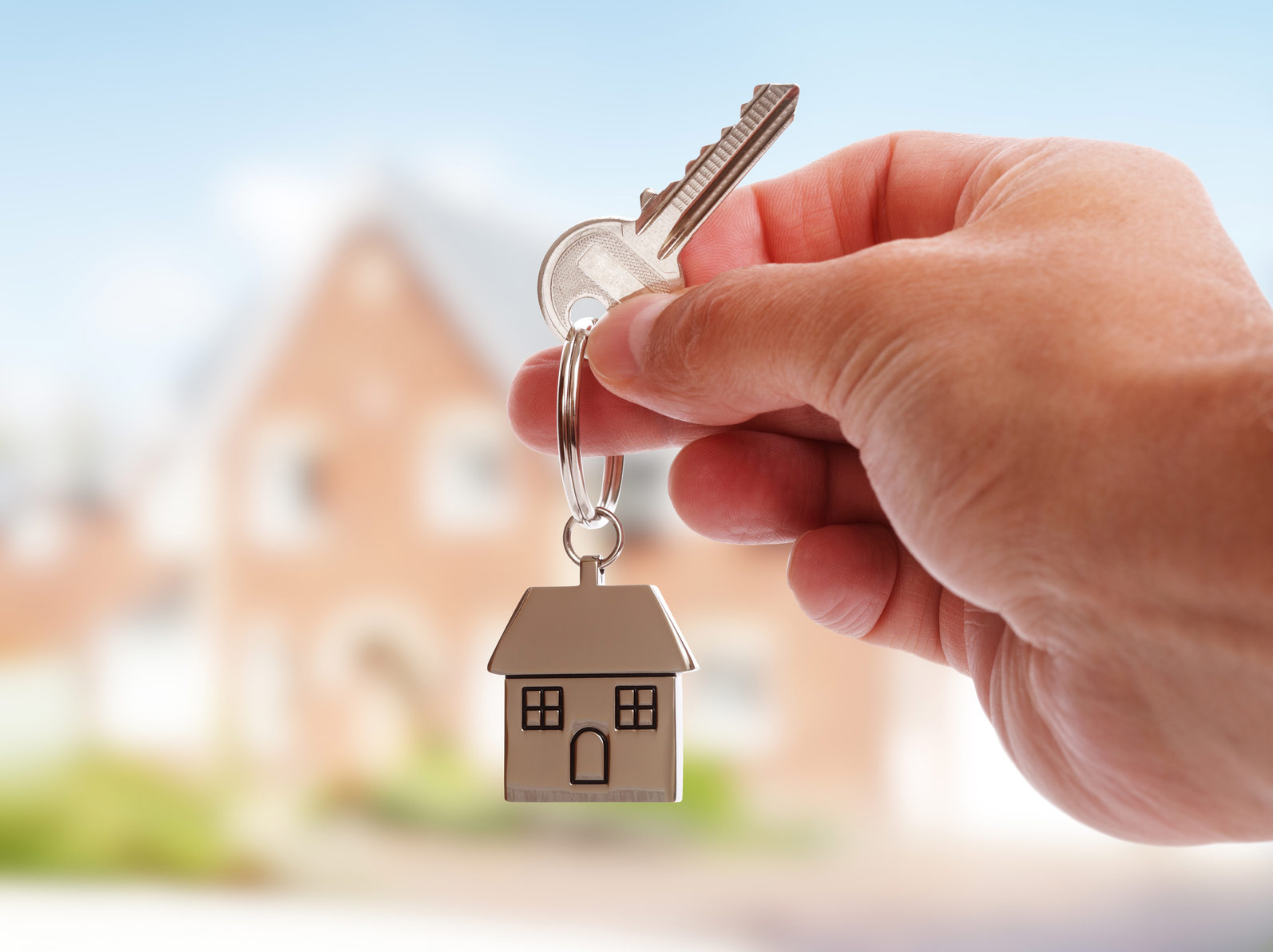Selling your home can be for most a daunting task. So if you are thinking about selling your house, a good understanding of the process is essential to help you realise your optimum selling value in a far less stressful way.

Step 1: Home Valuation
The main aim of selling any home is to achieve the best possible price in the shortest time possible. With this in mind it is essential you find an accurate market price for your house or property. Research the local estate agents in your area and invite at least three agents to visit your home and provide you with a realistic evaluation based on their experience of the market. You will find that their valuations will differ slightly, but you should get a good understanding of how much your property is worth in the current marketplace.
Based on the valuations you can then make an informed decision about whether selling your home is the right move for you if you decide that it is, then choosing the right estate agent is the next important step to selling your property.

Step 2: Choosing the Right Estate Agent
By now you would have researched your local estate agents and met with their representatives when showing them around your home. You will naturally levitate to an agent based on their manner and passion for your home, but it is important to choose the right estate agent for your property. The decision may not always be the cheapest option but remember your number one aim of selling your house for the best possible price in the shortest amount of time.
When choosing your estate agent, there are a few things to consider:
* What types of properties do they usually sell? Are they a good match with your property?
Estate agents tend to specialise in certain types of homes whether its period cottages, townhouses, equestrian etc. Matching the agent to your property gives you a head start, as their book of clients will be naturally interested in the style of your property.
* How much presence do they have in your local area? Are they a well-established local agent?
Choosing a well-established local estate agent that has a high street presence will allow you to benefit from the trust built up over many years of them selling houses in your area. Opening hours are also important as a seven-day opening office will allow for Sunday trade and more viewing options.
* Usually estate agents work on a commission basis of charging. 1 to 2.0% of the selling value is average but always check what is included within those charges. Marketing is an essential service for selling your home and is not always included and may be chargeable.
* With the Internet being a major part of our lives ensure the agent you choose is a subscriber to all or the main property selling sites including Right Move, Prime Location and Country Life etc. It is a well-known fact that most enquiries made to purchase property today come via one of the leading property websites.
With the estate agent chosen the next step is choosing a solicitor to act on your behalf.
Step 3: Instructing a Solicitor
The sale of your property can be hindered considerably if an experienced solicitor has not been found and instructed to sell your home before your home has been put up for sale by your agent. Again researching locally experienced solicitors is essential as once a deal is agreed on the property, the time taken to complete is wholly dependent on your chosen solicitors experience and efficiencies.
A flat rate or commission fee based on the value of your property as usual, however, a flat fee is fixed and is advisable. Always remember you are the customer and if at any time you are unhappy with the service let them know in writing.
Step 4: Presentation Is Everything
When you are selling your home, first impressions count and presenting your house in its best possible condition will help you achieve your ultimate goal.
If there are any unfinished DIY jobs to do, now is the time to finish them as prospective buyers will be put off by half-finished work as it portrays an unloved home and let’s face it who wants to spend a lot of money on an un-loved item.
When prospective buyers visit your home for the first time, it is the outside of the house they see to ensure the outside of the house is clean, and the garden looks well maintained as this could put them off the property before they even look around your home.
Step 5: Accompanied Viewings
We recommend that your estate agent carries out all home viewings, as this will offer the best chance to sell your property. Try to avoid showing the prospective homebuyers around your property yourself unless it is essential.
Prospective buyers can find this an awkward way to view your property as they feel they are invading your space. It is important that they feel as comfortable as possible and using an independent viewer will achieve this.
Step 6: Receiving an Offer
If you have followed our step-by-step guide thus far, an offer from a prospective buyer should follow. Your agent will receive the offer from the prospect directly and then inform you of that offer. The agent should also tell you the details of the proposal, the amount of the offer, if the buyers are proceedable (have the cash or have a money offer on their property), and their recommendations.
Unless the initial offer is at the asking price, you should reject it. Most buyers will chance their arm with their first offer in the hope you will accept. However always take advice from your agent on this matter.
Step 7: Accepting an Offer
When you are happy to accept the offer, tell your agent of your decision. Your agent will then write to all parties including your solicitor and confirm the offer. Dates for surveys, property exchanges and sale completions can also be agreed at this point.
Any potential delays can be avoided if all parties are kept up to speed with the process.
Step 8: Exchange of Contracts
When the following issues have been agreed upon and confirmed, the contracts can be exchanged. The exchange is the last process before completion.
The issues are: –
All enquiries and surveys completed on receipt of a draft contract.
Title of Deeds qualification
All issues resolved from enquiries and surveys
Local searches completed
A list of fixtures and fittings included in the property
The Buyers mortgage offer from their lender if a mortgage is needed
Once all parties have signed the contracts a deposit of the sale price (usually 10 %) will be transferred to your solicitor by bankers draft or telegraphically transferred. A completion date can then be mutually agreed and can be the same day as the exchange of contracts as long as a certain number of hours have passed.
Step 9: Completion
Completion of the contracts occurs when the final balance of the monies (usually 90%) have transferred to your solicitor’s bank. At this point, your solicitor will transfer the balance excluding their fees, and any payments owing on your existing mortgage (redemption amount) and call you when the monies have cleared. Once this has happened an instruction to release the keys will be made, and your property sold.
Congratulations you have sold your home!
For tips and information on all things moving related, follow us on Facebook, Linkedin or Twitter
Crate Hire UK – Selling Your Home

